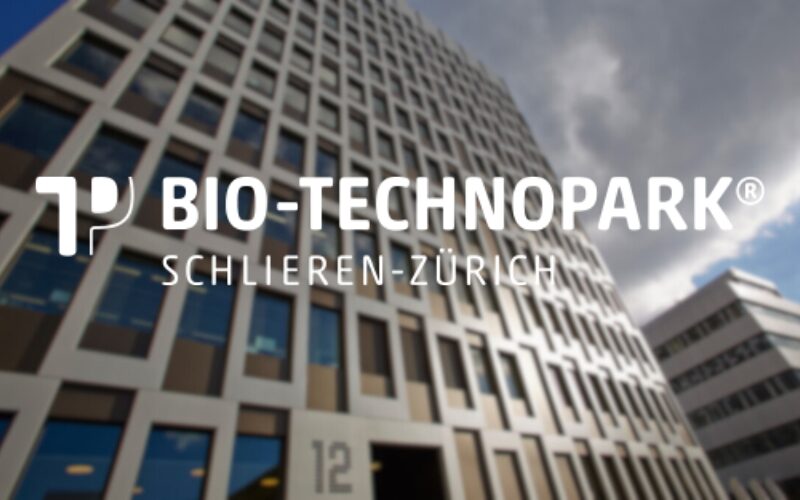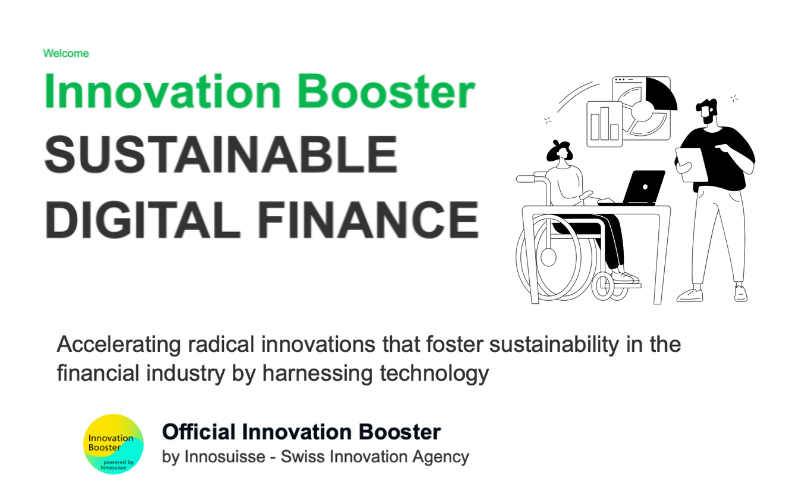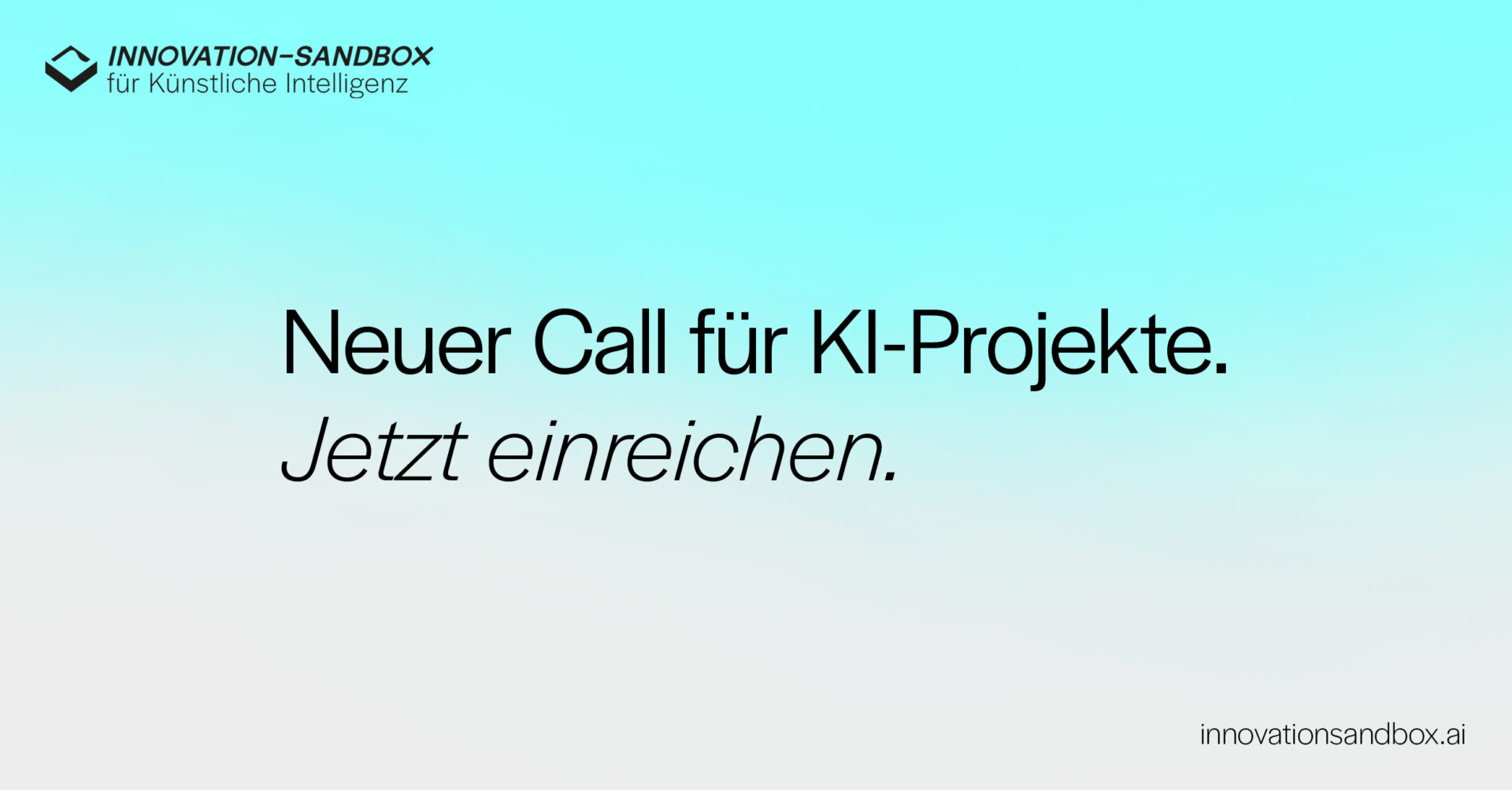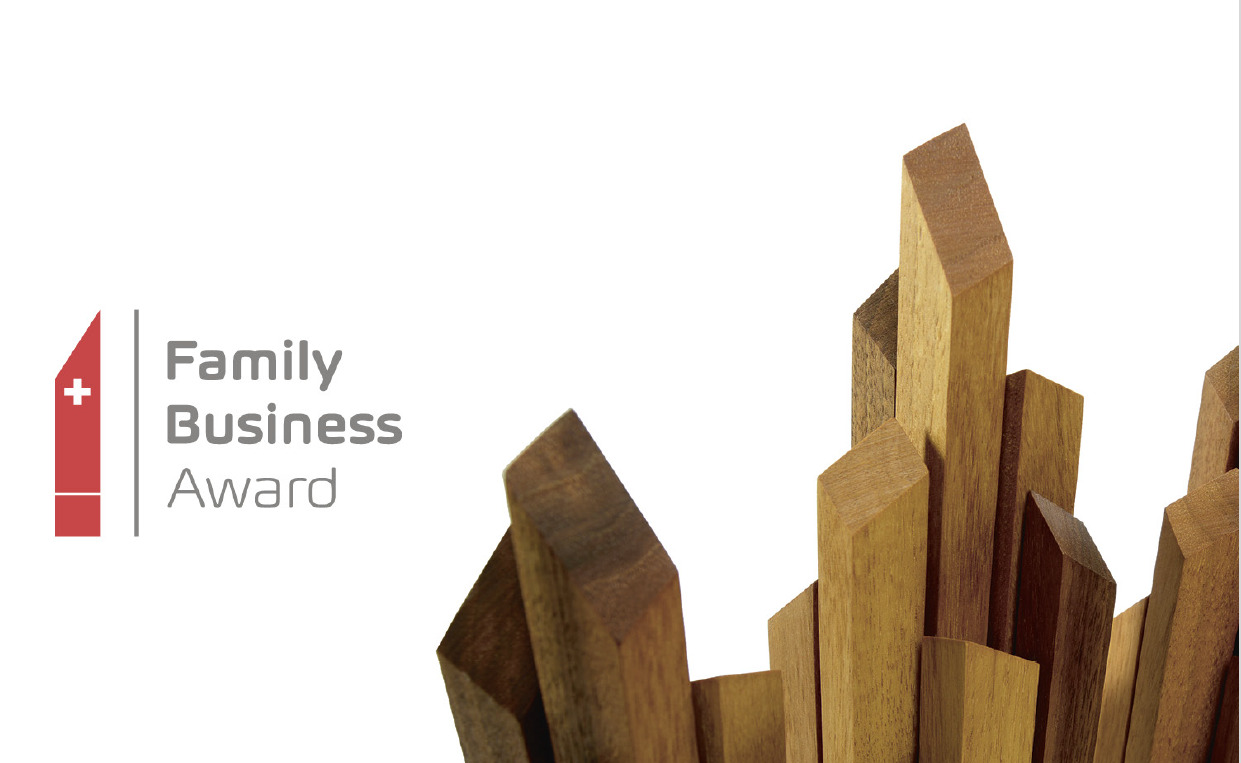News
Winterthur ZH/Lenzburg AG – The Chopfab Boxer brewery and Circular Food Solutions are now selling meat alternatives made from spent grains at Migros and Volg. The by-product from the brewery is sustainably returned to the cycle using a specially developed process.
The Chopfab Boxer brewery from Winterthur and Circular Food Solutions AG from Lenzburg are bringing meat substitutes based on spent grains to the shelves of retailers Migros and Volg. According to a press release, the vegan versions of sliced meat, minced meat and burger patties are made from brewer's grains and supplemented with organic pea and soy flour.
The raw material is a by-product of the beer brewing process and, according to the company, was previously used as animal feed. Philip Bucher, Managing Director of Chopfab Boxer, is quoted as saying that upcycling brings "an excellent quality plant-based alternative to meat consumption" onto the market.
The brewery relies on a "globally unique production process that guarantees the excellent freshness, texture and aroma of the meat alternatives". During a test phase with leading meat processors, the product was able to achieve "excellent taste properties with the best consistency", according to Christoph Nyfeler, owner of Circular Food Solutions Switzerland AG.
The Winterthur brewery, known throughout Switzerland for its craft beers, spent several years in the planning and construction phase. The upcycling of spent grains is an important contribution to sustainable nutrition. ce/heg

The Chopfab Boxer brewery and Circular Food Solutions are now selling meat alternatives made from spent grain. Image: Courtesy of Chopfab
News
Zurich – On April 24, FREITAG launched its first backpack that is not made from used truck tarpaulin, but from a single material: polyamide 6 (PA6). This is why the backpack called Mono[PA6] is completely recyclable, including all components such as zippers and buckles.
FREITAG'snew backpack is a circular innovation: After three years of development, the Mono[PA6] is the first mono-material product from the Zurich-based textile manufacturer, which has achieved international fame with bags made from used truck tarpaulins. "The vision is clear," says a press release from the manufacturer. "We want to design our bags and accessories in such a way that they are no longer just made from used materials, but are also circular." This has already been achieved with the compostable clothing line F-ABRIC and the smartphone case CIRC-CASE.
Now the mono[PA6] backpack is also circular because it is made exclusively from PA6. It can therefore be recycled at the end of its life cycle together with its 17 components such as zippers, carrying straps, buckles and sewing thread.
"The principle of circularity at FREITAG Mono[PA6]is one of shared responsibility," says the company. "It only works if customers use their product for a long time, look after it, have it repaired and - most importantly - bring it back to Freitag at the end." From there, the tour continues to the research and recycling partner IWK Institute for Materials Engineering and Plastics Processing at the OST - Ostschweizer Fachhochschule. There they are shredded as a whole and processed into PA6 granulate. And this can be used again for new things.
As everything started for FREITAG with reused truck tarpaulins, they are now part of the circular vision for the future: "The idea is to develop a recyclable tarpaulin material together with industry partners. The aim is for truck tarpaulins not to end up as waste after a long, second life as a FREITAG bag, but to be reintroduced into the cycle." ce/mm

FREITAG has launched its recyclable backpack. Image: FREITAG
News
Schlieren ZH/Amsterdam – InSphero, together with SanaGen and the Sanquin Research Institute, has been awarded a Eurostars grant for a gene therapy for the treatment of AATD. The grant amounts to 1.3 million euros.
The biotech company InSphero in Schlieren, SanaGen and the Sanquin Research Institute, both in Amsterdam, have been awarded Eurostars funding for a gene therapy that could become the first "cure" for severe alpha-1 anti-trypsin deficiency (AATD), according to a press release. The grant of 1.3 million euros is intended for the joint NOCAAVAAT project.
The NOCAAVAAT project aims to develop a breakthrough gene therapy for severe alpha-1 anti-trypsin deficiency (AATD). The Eurostars program is a joint program of EUREKA and the European Union.
AATD is a rare hereditary disease that affects one in 2000 to 5000 people in Europe and North America, the report continues. Depending on the specific genetic mutations, AATD can lead to lung or liver disease. The disease is very disabling and shortens life expectancy. An effective therapy is not yet available.
The lead applicant SanaGen is an SME based in Amsterdam that focuses on the development of gene therapies for genetic disorders. "Together, we are able to advance a breakthrough technology that will significantly improve outcomes for patients with alpha-1 antitrypsin deficiency," David Mosmuller, CEO of SanaGen, is quoted as saying.
"The use of human multicellular 3D in vitro models to test the efficacy and safety of gene therapy applications in rare genetic disorders is an invaluable accelerator to finding curable solutions for patients with these diseases," Francisco Verdeguer, Vice President of Liver Disease at InSphero, is quoted as saying. The InSphero models are one of the cornerstones for testing this therapeutic strategy.
InSphero is a spin-off of the University of Zurich and the Swiss Federal Institute of Technology Zurich and is based in the Bio-Technopark Schlieren-Zurich.ce/gba

InSphero is based in the Bio-Technopark Schlieren. Image: Courtesy of Limmatstadt AG
Voices
Adrian Melliger is CEO and Co-Owner of Designwerk Technologies AG. Designwerk produces and develops electric trucks, chargers, battery systems and individual solutions in the field of electromobility in Winterthur.
Voices
Marina Helm Romaneschi is co-founder of «DieCuisine» and responsible for strategy and marketing at Swiss Food Research. We asked them what FoodTech actually is and what opportunities as well as challenges are associated with it.
Voices
Corinna Müller is Managing Director of the “Switzerland Innovation Park Zurich” Foundation and Cyril Kubr is Lead Innovation Park at ETH Zurich. The Switzerland Innovation Park Zurich creates a new platform for research, development and innovation on the site of the Dübendorf airfield. Topics at Innovation Park Zurich range from autonomous vehicles and navigation, walking and flying robots, to digital manufacturing technologies on the construction site.
News
In this pan.talk, SEO consultant Isaline will present her latest findings on data privacy and Google Analytics 4.Takeaways include tools to check a website’s legal requirements, opportunities and limitations within the GoogleAnalytics 4 setup and perspectives on paid marketing. Expect practical examples, tips you can use immediately and a lively discussion.

News
In this course you will learn about the structure and function of adhesives and adhesive tapes.
From practice for practice: In a theoretical part in the morning and a practical part in the afternoon, you will learn about the structure and function of adhesives and adhesive tapes. You will perform bondings with double-sided adhesive tapes and get to know and apply simple, practical test methods. The correct interpretation of the fracture points is also discussed.
This course is aimed at anyone who is interested in industrial bonding technology and wants to know what needs to be done to ensure that a bond delivers what it promises.
Basics of bonding technology:
Richard Kralik, specialist for adhesive technology at 3M Österreich GmbH.
May 7, 2024

News
The Innovation Booster “Sustainable Digital Finance” aims to accelerate radical innovations that foster sustainability in the financial industry by harnessing technology.
The University of Zürich is the leading house for this InnoBooster. In order to enable and accelerate innovation your project idea is matched with appropriate experts and partners. Thanks to the approved application within the Innovation Booster program of Innosuisse the call is able to support you financially with CHF 20’000 per project if you convince our jury.
Individuals or team in Switzerland with
Submit ideas in the following categories
Why apply

News
Test artificial intelligence safely with the administration.
The Innovation Sandbox strengthens the Zurich metropolitan area as a leading AI location. The cantonal initiative focuses on close cooperation between business, research and administration and is once again promoting the realization of AI projects this year.
Selected participants are given the opportunity to use the Innovation Sandbox as a secure, cantonal test environment and implement their AI projects together with the administration. The regulatory advice and data provision from the canton helps participants to navigate the often unclear framework conditions in relation to AI and to overcome the uncertainties that arise during implementation.
This year’s project call will take place between April and May 2024.
You can find the implemented AI projects from the last call here.
Raphael from Thiessen
raphael.vonthiessen@vd.zh.ch

News
The prize for sustainable and value-oriented entrepreneurship in Switzerland!
Is your family business unique or do you know a unique family business? Then apply for the Family Business Award 2024. Three companies will be nominated from among the applicants for the final round.
The winning company and the two finalists benefit from further advantages:
Take the chance and convince our jury of your family business by Wednesday, May 15, 2024.
We look forward to your registration.
“The Family Business Award offers small
and large family businesses
pleasant platform to meet up with other
measuring family businesses and
to achieve greater visibility.”
Patrick Daepp, winner 2023

News
The «smart parking» project launched in Frauenfeld (TG) constitutes an example of innovative use of artificial intelligence (AI) to optimise car park management in Swiss cities and municipalities.
Through use of image recognition developed by the ETH spin-off Parquery AG, this project enables parking occupancy to be detected and analysed efficiently as part of the Innovation Sandbox for AI. The technology, which is based on anonymised camera images, not only improves urban traffic planning, but also contributes to residents’ quality of life by reducing traffic caused by searching for parking.
Particular attention is afforded to data protection: privacy-by-design measures, such as use of low-resolution images, ensure that facial and number plate recognition is avoided and the protection of personal data thus guaranteed. This project demonstrates how modern technologies can contribute to overcoming urban challenges, offering valuable best practice recommendations for other Swiss cities and municipalities as well.
News
With a gross value added of CHF 29.9 billion and 97,300 full-time jobs, the Zurich financial center is a major pillar of the Zurich economy and the largest financial center in Switzerland. Sustainable business practices are becoming increasingly important for companies in all sectors. Drivers for this are international sustainability goals, but also changing customer needs. Due to its importance for the Swiss financial center, the Zurich financial center has a key role to play in this development. Every second financial company also sees sustainable finance as an opportunity to strengthen its reputation and to win and retain customers. This is shown in the new study “Financial Center Zurich 2023/2024” by the Cantonal Division of Business and Economic Development and Zurich Urban Development.
The financial sector, which includes banks, insurance companies and other financial services, is one of the most important industry aggregates in the Zurich region. One in ten jobs and one in six value-added francs would be attributable to the financial sector in 2021. The real gross value added of the financial sector developed more dynamically overall than that of the economy as a whole between 2011 and 2021, especially also in the pandemic years 2020 and 2021. This is shown in the new study "Financial Center Zurich 2023/2024" by the Division of Business and Economic Development of the Canton Zurich and the Urban Development Department of the City of Zurich. Despite the currently very challenging geopolitical and economic environment, the overall growth outlook for the financial sector is positive.
Sustainable management is increasingly becoming the focus of companies. Drivers of this development include the Paris climate targets, the UN sustainability goals, legal framework conditions, but also changing customer needs. Sustainable financial products and services are increasingly in demand. The Federal Council has recognized the importance and potential of sustainable finance and in December defined several measures with the aim of further expanding the position of the Swiss financial center as one of the world's leading locations for sustainable financial services. The Zurich financial center plays a key role due to its importance for the Swiss financial center. This study examined how progressive the Zurich financial center is in terms of sustainability. The results of the survey show that numerous companies already offer products and services with innovative sustainable approaches. These include investment products with specific sustainability objectives, ESG-compliant activities, sustainable bonds or sustainable loans, insurance or services.
However, companies also face challenges, according to the survey. This includes the increasingly complex political and regulatory framework imposed by the federal government and the EU. The increasingly required transparency of climate risks and sustainability measures is also seen as challenging by 40 percent of companies. The survey participants see the greatest potential for improvement in networking with science and other companies, as well as in legal and regulatory issues.
The consistent focus on sustainability is an opportunity for the Zurich financial center and the entire Zurich business location. This is also in the interest of the companies surveyed: Every second company sees sustainable finance as an opportunity to strengthen its reputation and win and retain customers. However, the great development potential of sustainable finance must be exploited to an even greater extent. This includes, for example, the systematic disclosure of relevant and comparable climate information from companies and for investments in such companies.
The Canton and City of Zurich are committed to promoting Sustainable Finance in the Zurich financial center, anchoring it more firmly and enabling an attractive environment. The Canton of Zurich and the City of Zurich will continue to pursue this topic with the aim of deepening the dialog between the financial industry, business and academia. This is done, for example, by networking and making visible the players from the financial industry and the cleantech industry on the Innovation Zurich platform of the cantonal location promotion, but also through a regular exchange within the framework of workshops and conferences as well as further data collection.
News
SATW compiled a research overview on the topic of “Autonomous Systems” on behalf of the Division of Business and Economic Development. This impressively shows how diverse the research in the field of “autonomous systems” is in the Canton of Zurich.
News
Social Innovation Forum 2024
Call 2024: Focusing on the well-being of children, young people and families – many people know where the shoe pinches in the social and healthcare system and may even already have initial ideas on how to tackle today’s challenges.
When such an idea becomes established, we speak of social innovation. Examples of this are
Who are we addressing?
What we offer:
What we expect:
Are you brave enough to set out with us to give shape to your idea? Then register now for the kick-off event on May 2, 2024 in Olten!